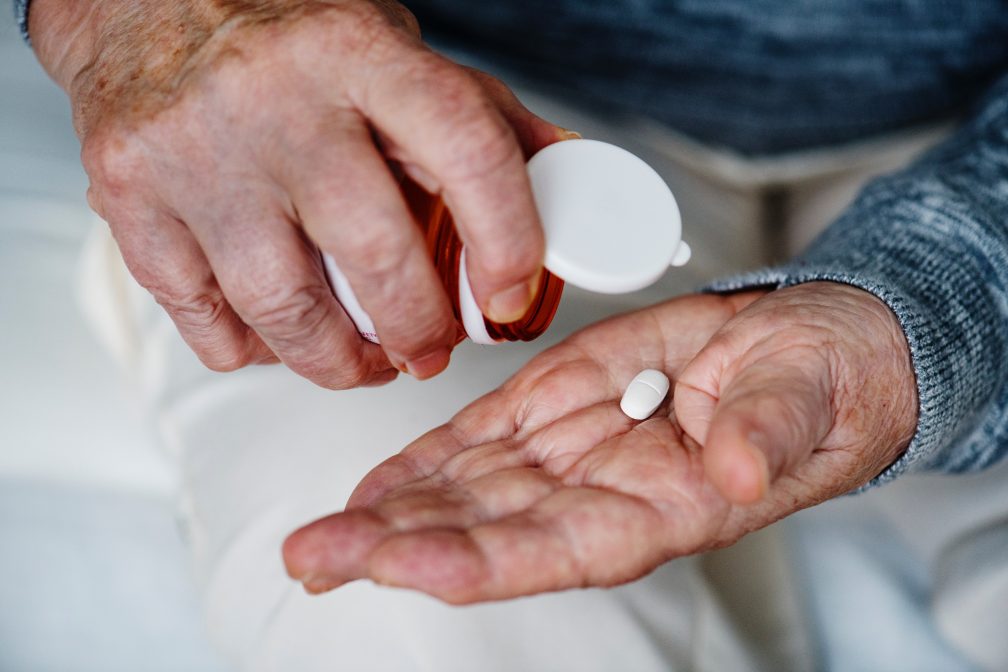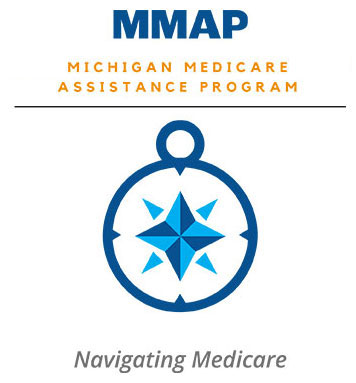Facing Addiction in America: The Surgeon General’s Spotlight on Opioids calls for a cultural shift in the way Americans talk about the opioid crisis and recommends actions that can prevent and treat opioid misuse and promote recovery.
The Spotlight – the Surgeon General’s newest update on opioid addiction – also provides the latest data on prevalence of substance misuse, opioid misuse, opioid use disorder and overdoses.
The Surgeon General today also released a digital postcard, highlighting tangible actions that all Americans can take to raise awareness, prevent opioid misuse and reduce overdose deaths.
“Addiction is a brain disease that touches families across America – even my own,” said U.S. Surgeon General Jerome M. Adams. “We need to work together to put an end to stigma.”
According to preliminary data from the Centers for Disease Control and Prevention, overdose deaths in 2017 increased by almost 10 percent – claiming the lives of more than 70,000 Americans.. Nearly 48,000 of those were opioid overdose deaths, with the sharpest increase occurring among deaths related to illicitly made fentanyl and fentanyl analogs (synthetic opioids).
Despite the fact that effective treatment for opioid use disorder exists, only about one in four people with this disorder receive any type of specialty treatment. Yet for a variety of reasons, including stigma, inability to access or afford care, or refusal to stop misusing opioids, a treatment gap remains.
In addition, the existing healthcare workforce is understaffed, often lacks the necessary training, and has been slow to implement Medicated-Assisted Treatment, as well as prevention, early identification, and other evidenced-based recommendations.
“Now is the time to work together and apply what we know to end the opioid crisis,” said Dr. Elinore McCance-Katz, Assistant Secretary for Mental Health and Substance Use. “Medication-assisted treatment combined with psychosocial therapies and community-based recovery supports is the gold standard for treating opioid addiction.”
The federal government has been working with key stakeholders to address this problem and is seeing real progress. This week, HHS disbursed more than $1 billion in opioid-specific funding for states, which includes State Opioid Response grant programs administered by SAMHSA to support a comprehensive array of prevention, treatment, and recovery services. Additional funding from the Health Resources and Services Administration (HRSA) went to community health centers to increase access to substance abuse disorder and mental health services, to increase the number of professionals and paraprofessionals who are trained to deliver integrated behavioral health and primary care services as part of health care teams in HRSA-supported health centers as well as to rural grantees to increase services and develop plans to implement evidence-based opioid use disorder prevention, treatment and recovery interventions. There are signs that efforts to stem the opioid crisis are having success, with the use of medication-assisted treatment growing significantly and the number of Americans initiating heroin use dropping significantly from 2016 to 2017.
“Addressing the opioid crisis with all the resources possible and the best science we have is a top priority for President Trump and for everyone at HHS,” said HHS Secretary Alex Azar. “Surgeon General Adams has been a leader in raising awareness about the nature of addiction and the effectiveness of medication-assisted treatment, complementing the support HHS provides for access to treatment and recovery services.”
“Today’s announcement is another step forward in our efforts to educate the American public about steps they can take to prevent addiction,” said Assistant Secretary for Health Brett P. Giroir, M.D, who also serves as the HHS Senior Advisor for Opioid Policy. “We are making progress. Just last week we released the 2017 National Survey on Drug Use and Health (NSDUH) data, which showed significantly more people received treatment for their substance use disorder in 2017 than in 2016. This was especially true for those with heroin-related opioid use disorders.”
The science shows us that no area of the United States is exempt from the opioid crisis. Yet, only 53 percent of the public consider opioid addiction a major concern. As a result, the Surgeon General is calling on all individuals to do the following:
- Talk about opioid misuse. Have a conversation about preventing drug misuse and overdose.
- Be safe. Only take opioid medications as prescribed, make sure to store medication in a secure place, and dispose of unused medication properly.
- Understand pain and talk with your healthcare provider. Treatments other than opioids can be effective in managing pain.
- Understand that addiction is a chronic disease. With the right treatment and supports, people do recover.
- Be prepared. Get and learn how to use naloxone, an opioid overdose reversing drug.
For the full document and to view the digital postcard, visit http://addiction.surgeongeneral.gov/.
If you or someone you know is struggling with a substance use disorder, call 1-800-662-HELP or visit http://www.samhsa.gov/find-help.
###
Note: All HHS press releases, fact sheets and other news materials are available at https://www.hhs.gov/news.
Like HHS on Facebook, follow HHS on Twitter @HHSgov, and sign up for HHS Email Updates.
Last revised: September 19, 2018

